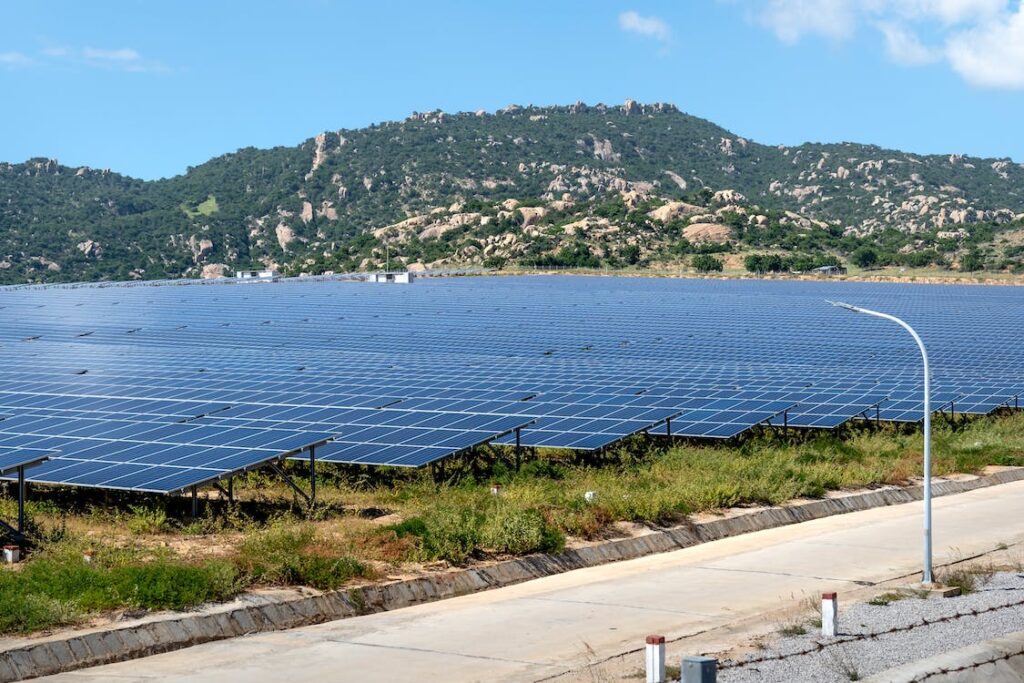Missouri Offers Tax Credits and Rebates for Solar Energy
In Missouri, the federal solar investment tax credit (ITC) stands as a significant catalyst in making solar energy a financially viable option for homeowners. This tax credit is a major incentive for those considering the installation of residential solar panel systems, offering a substantial reduction in the overall cost.
|
Did you know that there are several Ohio solar incentives, rebates, and programs expiring in 2023? Before you start worrying, you should know that there are unbelievable new incentives here now! Check out one of the most popular resources for learning about these programs in the link below.
Access Ohio Solar Programs |
The ITC allows homeowners who install a residential solar panel system by the end of 2032 to receive a federal income tax credit. This credit is equivalent to 30% of the total cost of the solar system, encompassing not just the solar panels but also the associated costs of equipment, labor, and permits required for installation.
To illustrate the impact of this tax credit, consider the average cost of a solar system in Missouri, which is approximately $27,195. Under the ITC, this would translate to a tax credit of $8,158 when filing federal taxes. This significant reduction in cost makes solar energy an increasingly attractive option, aligning with both financial and environmental considerations.
|
Ohio mortgage programs may be able to save you hundreds every month. A new 2024 mortgage may be able to give relief to homeowners. Unfortunately, most Americans will not receive their mortgage benefits because they are not aware of some of these programs. You do not need to pay anything to check how much you could get.
Check Ohio Programs Here |
It is important to note that the solar tax credit differs from a rebate or refund. Instead, it is a credit that must be claimed when filing federal taxes for the year in which the solar panel system becomes operational. To claim this credit, homeowners are required to complete IRS Form 5695. This process allows the credit to be deducted from the total federal tax liability, thereby reducing the amount of tax owed.
Another key aspect of the ITC is its nonrefundable nature. This means that if the credit exceeds the homeowner’s tax liability for that year, the excess amount is not refunded. However, any unused portion of the credit is not lost; it rolls over into the following tax year, providing an opportunity to utilize it against future tax liabilities.
The ITC has been instrumental in promoting the adoption of solar energy in Missouri. By offering a 30% tax credit on the installation costs, it significantly lowers the financial barrier to solar energy adoption. This not only makes solar energy more accessible to a broader range of homeowners but also supports Missouri’s goals of increasing the use of renewable energy sources.
In summary, the federal solar investment tax credit is a crucial factor in the affordability and attractiveness of solar energy in Missouri. With the ability to cover 30% of the total cost of a solar system, the ITC makes the initial investment in solar energy significantly more manageable for homeowners. This tax credit not only facilitates the transition to sustainable energy but also contributes to long-term financial savings and environmental sustainability. Homeowners in Missouri looking to go solar should consider taking advantage of this tax credit before the end of 2032 to maximize their savings and contribute to a greener future.





